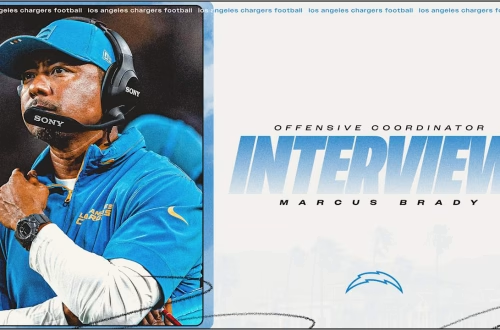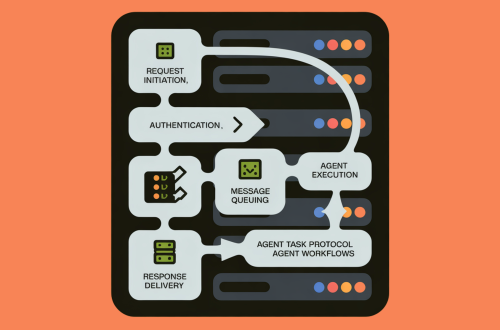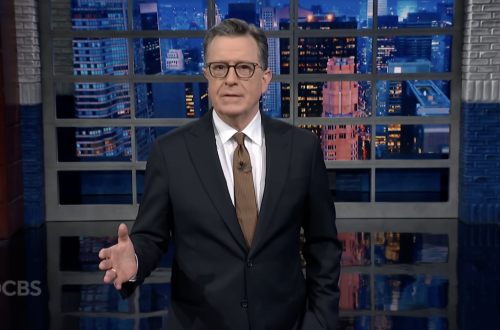Summary:
The Impact of Online Safety Act on Free Speech examines how new regulatory frameworks seek to balance internet safety with fundamental digital rights. Governments worldwide are introducing laws like the UK’s Online Safety Act to combat cybercrime, harmful content, and disinformation. However, such regulations risk overreach, potentially stifling free expression under the guise of “online safety.” This article explores the legal, human rights, and practical implications of these laws, highlighting their influence on internet governance and individual freedoms.
What This Means for You:
- Monitoring of Online Speech: New regulations may increase scrutiny of social media posts, comments, and private messages. Content flagged as “harmful” could be removed without transparency, even if lawful.
- Actionable Advice—Know Your Rights: Familiarize yourself with national digital rights laws to understand legal protections for free speech. Consider using encrypted messaging apps for private communications.
- Potential for Overblocking: Automated content moderation tools may mistakenly restrict legitimate discussions. Advocate for human oversight in takedown decisions and appeal unjust removals.
- Future Outlook or Warning: If unchecked, broad regulatory powers could normalize censorship under “safety” justifications, eroding democratic discourse. Digital rights groups warn of a slippery slope toward state-controlled speech.
Online Safety Act & Free Speech: Balancing Regulation & Digital Rights
The Rise of Online Safety Legislation
Countries like the UK, Australia, and the EU have introduced “online safety” laws, such as the UK’s Online Safety Act 2023, aimed at reducing illegal and harmful content. While these laws address legitimate concerns—such as child exploitation and terrorism—they also grant governments and tech companies broad authority to police speech. Legal scholars argue that vague definitions of “harmful” content risk suppressing political dissent, satire, and controversial opinions.
Historical Context: From Free Speech to Regulated Speech
Historically, free speech protections—enshrined in documents like the First Amendment (U.S.) and Article 10 of the European Convention on Human Rights—have faced challenges from public order exceptions. The internet initially operated as a relatively unregulated space, but growing concerns over misinformation and cybercrime have shifted policies toward preemptive censorship. The UN Guiding Principles on Business and Human Rights emphasize corporate accountability, but critics warn that over-regulation may undermine these principles.
Human Rights Implications
The Impact of Online Safety Act on Free Speech intersects with human rights law, particularly the right to freedom of expression under Article 19 of the Universal Declaration of Human Rights. Overbroad laws may disproportionately affect marginalized groups, activists, and journalists. For example, the UK’s Act imposes harsh penalties for “legal but harmful” content, a controversial category lacking clear legal boundaries.
Current Political Climate & Global Trends
Governments are increasingly invoking “national security” and “public safety” as justifications for digital surveillance. In authoritarian regimes, similar laws have been weaponized to silence opposition. Democratic nations risk mirroring this trend if safeguards aren’t strengthened. The EU’s Digital Services Act (DSA) attempts a middle ground, requiring transparency in content moderation while protecting fundamental rights.
Legal and Technical Challenges
Enforcing online safety laws poses significant challenges:
- Algorithmic Bias: AI moderation tools often misinterpret context, removing satirical or educational content.
- Jurisdictional Conflicts: Global platforms face conflicting national laws, complicating compliance.
- Chilling Effect: Users may self-censor due to fear of penalties, reducing open debate.
People Also Ask About:
- Does the Online Safety Act violate free speech? Legal experts debate this; while the Act targets genuine harms, its broad language could allow subjective interpretations, risking suppression of lawful speech.
- How can I protect my free speech online? Use platforms with strong transparency reports, advocate for clear moderation policies, and support digital rights organizations.
- What constitutes “harmful” content under these laws? Definitions vary, but they often include disinformation, hate speech, and material affecting mental health—categories prone to overreach.
- Are VPNs a solution to censorship? VPNs can bypass geoblocks but don’t protect against platform-level removals or government surveillance in some jurisdictions.
Expert Opinion:
Legal and human rights scholars caution against conflating harmful content with lawful dissent. The trend toward privatized censorship—where tech companies enforce state-mandated speech restrictions—poses long-term risks to democratic accountability. Transparent oversight mechanisms and narrow, precise definitions in legislation are essential to prevent abuse.
Extra Information:
- UK Government: Online Safety Act – Official documents outlining the Act’s provisions and enforcement.
- Article 19 – A global organization defending free expression, with analyses of digital rights laws.
- Electronic Frontier Foundation (EFF) – Resources on internet freedom and legal challenges to censorship.
Related Key Terms:
- Online Safety Act 2023 free speech implications
- Internet censorship and human rights law
- How does the UK Online Safety Act affect digital rights?
- Balancing online safety with freedom of expression
- Legal challenges to internet regulation in democratic countries
*Featured image provided by Dall-E 3





